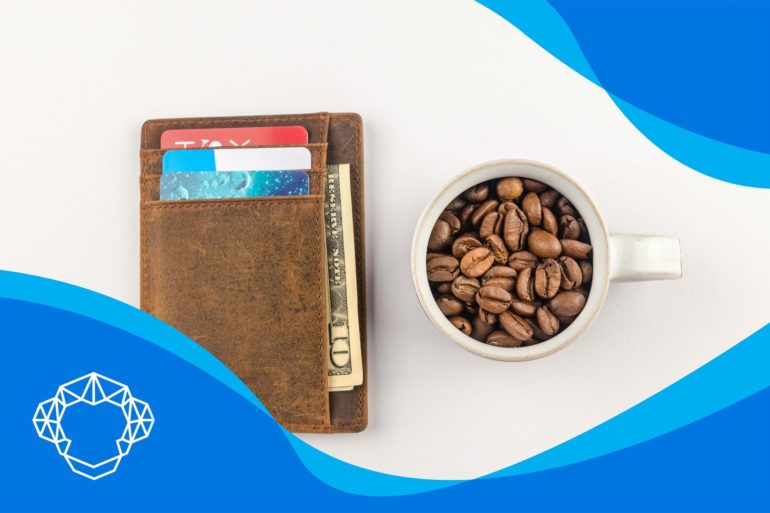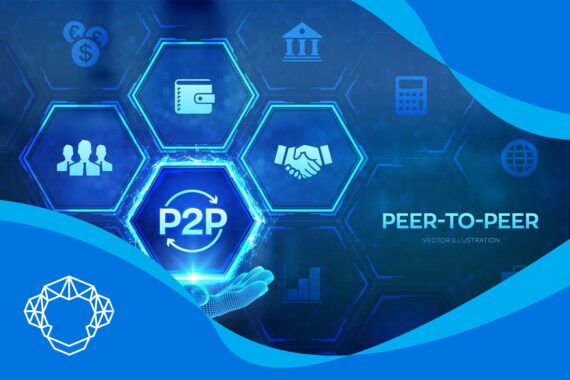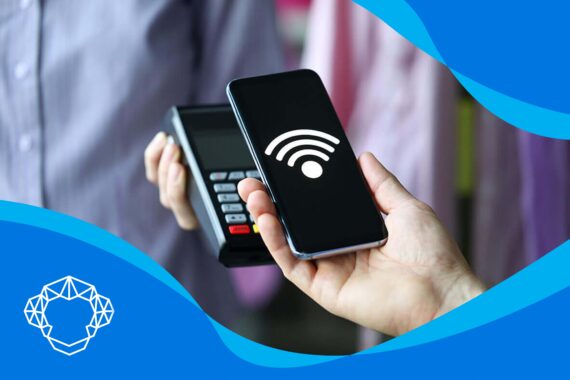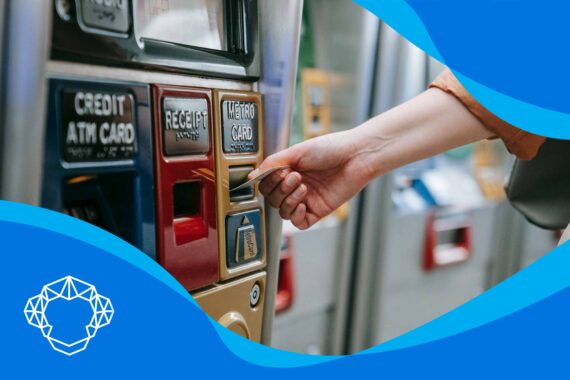If you’re an entrepreneur in today’s world, weighing up the pros and cons of using a credit card VS cash is definitely something you should do. Not so long ago, startups were suited to take cash payments only, whereas nowadays – when 70% of people have at least one credit card – changes are inevitable. So although it’s no big secret that we are moving towards a cashless society, there are costs you will have to pay for settling for one of these (or both).
Deciding to go for a traditional type of payment may appear convenient when you’re just a small startup. However, the more you grow, the more convenient it is to implement a modern payment system, too. Let’s find out why.
What Is a Credit Card?
A card is a piece of plastic issued by a bank or financial services company to facilitate transactions and purchases. Whether you’ve just started your enterprise or been doing it for years, you’re probably aware that modernizing the payment system and accepting cards is vital to being profitable.
Also, the importance of good customer service is closely tied to efficient payment methods, and lagging behind the competitors will certainly not boost your competitiveness. So next time you’re wondering what the point of a credit card is, it’s the overall efficiency you’re looking for.
What Are the Disadvantages of a Credit Card?
Even though plastic is becoming the chief payment mode globally, going plastic-only has its downsides. Here are some of them to have in mind:
- Alienating customers without a bank account,
- Fighting fraudulent chargebacks,
- Risking data breaches,
- Debt can pile up quickly.
This is a perfect moment to mention not only merchant services but also transaction fees. You will get a processing statement with all the charges transparently listed every month – card processing fees, assessments, and other fixed charges. Understanding how contactless payments are processed and what you are spending your money on is essential when leveling up the financial health of your enterprise.

How Do Small Businesses Use Cash?
Sure, if you just look around, even today, it’s possible to notice cash-based and usually small – tiny even – businesses. Some would say old-fashioned, but they are still thriving here and there. For example, have you seen an ice cream truck recently? Or a lemonade stand? Have you paused to buy some delicious street food?
As you can see, all of these are merchants where using paper money is the simplest way to get paid for the service offered. Since these are usually single-person businesses, with no other parties involved and no fees, using a merchant processing company would only make it more expensive and complicated.
On the other hand, when your enterprise starts growing, running on a cash-only payment model will undoubtedly cause many inconveniences – administrative ones especially. Counting every penny every day behind the counter is an operation that can lead to calculation errors.
Of course, we understand how hard it is to shift from a hacker-free, software-free, and charge-free payment method to an entirely different one. Not to mention how important it might be not to wait for a payment to be processed because having immediate access to funds enables you to cover all the expenses.
The Real Price of an Average Cash-Based Transaction
According to NFIB, one of the top 50 problems startup founders are most intimidated by is that accepting cards will come with way too high POS fees, so they rather focus on cash-based transactions. However, using paper money does have its cost. As a matter of fact, avoiding cashless payments brings you to the average cash-based transaction cost of 4-15% in retail sectors. This points out one of the significant financial mistakes business owners make since they’re too intimidated to apply for a merchant account and see that merchant processing companies and merchant services rates are, in fact, more affordable in the long run.
However, there is still an ongoing battle between a cash discount VS credit cards, since paying with actual money sometimes means a lower price for customers and no fees for an owner, because there’s no middle man and no processing.
The Time You Spend on a Transaction VS Cash-Based Purchases
With only two seconds per transaction, speeding up the process for both parties comes naturally with plastic, unlike cash-based purchases. Data from a recent study reveals that it takes 542 hours to process $100,000 in non-digital, compared to 189 hours for a digital approval response. This is for comparison purposes only and to show how effective the impact of digital payments on small enterprises can be.

Cash Vs. Credit Card: What Is the Difference?
If you’re not sure what the difference between cash and a credit card is and why businesses choose one over the other, remember that all of them make their judgment calls based on their needs. However, not all decisions are informed ones, which is – you have to admit – essential when talking about the survival of a business. Whether it’s a personal choice or something else entirely, to better understand the benefits of owning a debit card over cash, there are many more great advantages you may not be considering besides lower fees.
Plastic Offers More Protection
There are many reasons why digital payments are safer than other payment forms – checks, for example. Compared to the risk of check bounces, plastic is screened while processed, which makes the risk of fraud almost equal to none. Also, having a contract with a reputable merchant processor means preventing identity theft and data breaches.
You Can Go Digital if You Want
Today, thanks to different types of business available out there, you can offer a product or a service with some of the proven eCommerce business models in just a couple of clicks. And by accepting the online world, your market potential will undoubtedly increase. You don’t have to worry about alternative payment methods since these have improved drastically over the years.
Even though plastic is still one of the options people are most familiar with, various eCommerce payment options and tools make online shopping easy. From PayPal to various PayPal alternatives, by keeping up with technology development and sticking to one of the worldwide popular eCommerce platforms like Shopify and its alternatives, such as BigCommerce, you’re choosing to support your strategy the right way.
You’re Improving the Money Flow, Too
Increasing overall sales is unarguably one of the leading financial goals and the biggest benefits of accepting digital payments. Studies indicate that people are likely to spend up to 83% more money when using debit and credit cards than actual money. According to Psychology Today, the cost seems less important when paid with plastic simply because there’s a gap between the moment of purchase and payment time. In other words, it’s clear that shoppers are more focused on the benefits of the purchase rather than on the prices. So with an expanded customer base when going digital, boosting your sales comes easy and naturally.
More Space for Growth
Turning a blind eye to payment trends nowadays translates to turning a blind eye to some serious growth opportunities. Accepting digital transformation means reaching out to people who would have been impossible to reach otherwise. There are even tailor-made student cards designed to suit student needs and expenses, although some issuers may require education loans with them.
It’s not hard to understand that accepting cards can only provide you with a broader customer base, especially when you consider regional and international customers who can use an e-payment gateway to pay quickly and easily for a service or product.
Rewards Programs for Customer Loyalty
There are various perks of going plastic in the form of cashback points, frequent flyer miles, discount coupons, and free merchandise from the issuer’s rewards catalog. However, the value of rewards and rules on when and how to redeem given points slightly differ depending on the program. Here are some of the most common options: statement credit, gift cards, travel reservations, deposit to a linked bank account, shop online and pay with points, merchandise, charity, etc.
Every card issuer has a rewards portal where they can check and redeem your points. By simply logging into your account, you’re able to see both the rewards balance and how to redeem them. However, if you’re not much of a traveler, you may be faced with the challenge of deciding between credit card points VS cashback, in which case cashback may be a better option for you.
Contactless Payment Methods Mitigate the Risk of Spreading the Coronavirus
We are all familiar with the fact that the beginning of 2020 brought the global outbreak of the coronavirus and many changes along with it. Although every startup founder would be happy to have both cash-based transactions and plastic equally operable as their payment options, only the latter is considered safe enough to use at the moment. Contactless payment methods, being more hygienic, comfort many since physical money gets contaminated easily. The fact that they make people feel a bit safer and give them a sense of control is just a bonus, but there’s certainly no excuse not to use them, particularly now, when it makes more sense than ever.

Using Credit Cards for Debt Financing Is Also an Option
If you’re a responsible cardholder, relying on debt financing is a short-term solution when starting an enterprise. Similar to other loans, the amount of money you can borrow from the bank or other lenders increases by repaying debt on time and having neat accounting records. That being said, it’s clear that entrepreneurs deciding to go for this option should be careful since debt is usually linked to their personal information, rather than the company.
As an alternative to bank loans, some financial service companies offer merchants cash in advance, which provides an enterprise with a sum of money upfront in exchange for a percentage of the income.
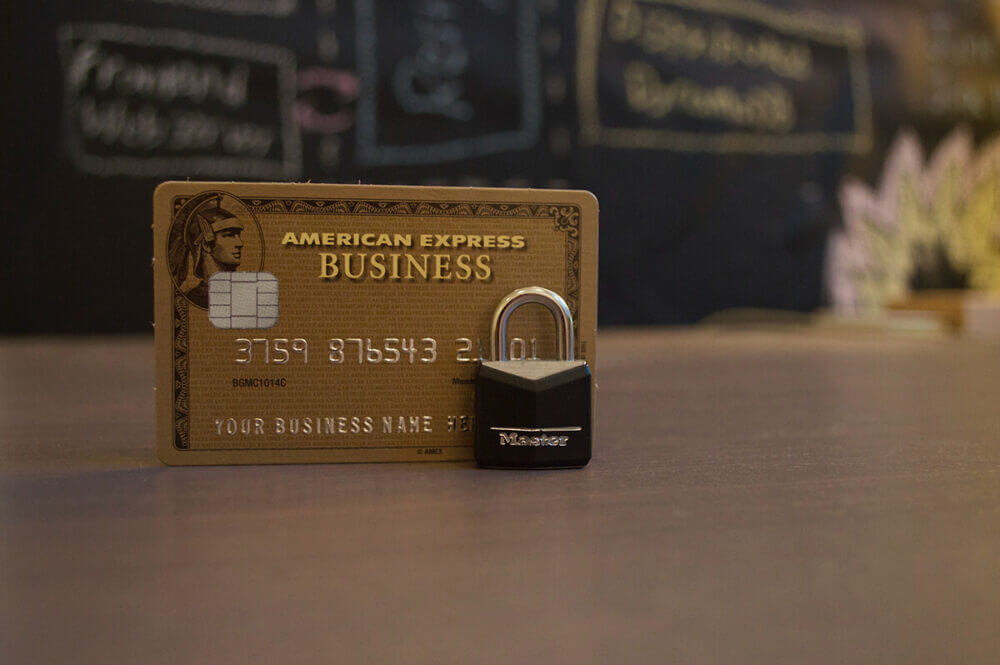
Finding a Reliable Merchant Processing Company Is Vital to Your Business if You Want to Accept Credit and Debit
With all this information in mind, picking the right merchant processing company will be vital to your biz. So to find the best card processing for a small business, take your time to do a little digging and do not make any rash decisions because you certainly wouldn’t like to end up overpaying a card processing, would you? Ask for an example of a merchant service statement and read it with the utmost care before signing the dotted line to ensure you’ll not be taken for granted as a client. Keep in mind, though, that choosing a processor means following PCI compliance.

